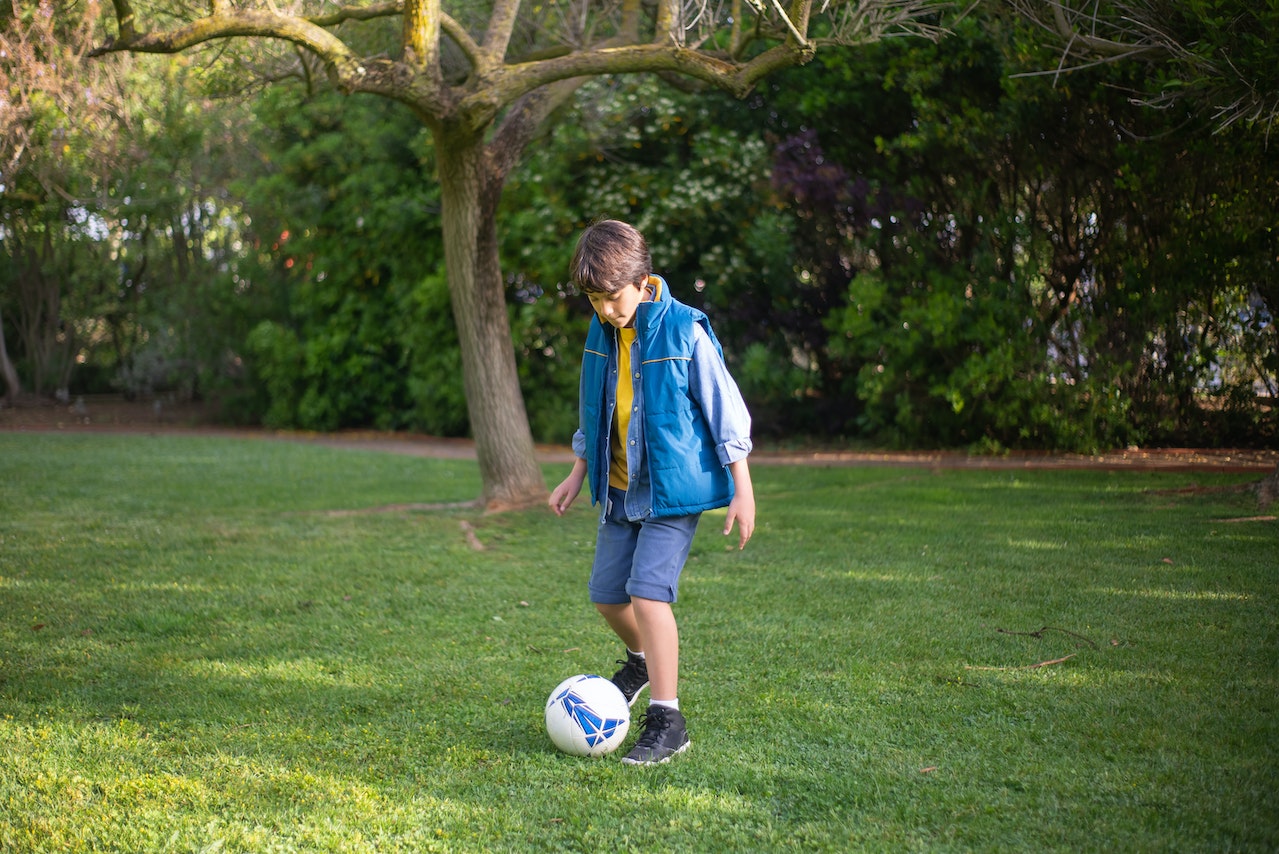
The money talk can be pretty high up on a parent’s “Awkward Conversations I Wish I Didn’t Have to Have” list. For many parents, you either don’t feel equipped to talk about financial responsibility because of your own mistakes or spending habits or you think the money conversation is best reserved for when your kid is older. But research shows the earlier you teach your kid about money, the more likely they’ll turn out to be financially responsible adults.
But getting your middle schooler, in particular, to care about being wise with money is like…well, it’s like getting them to care about anything that wasn’t completely their idea—very difficult and a surefire way to start a disagreement. But talking to your kid about how to manage money doesn’t have to be cringeworthy and tension-filled; in fact, if done with intention, the money conversation could turn out to be a fun way to learn—including you if you aren’t so great with money—and grow together while celebrating your wins. Here’s how to do it:
First, talk to your middle schooler about the basics. This is where you share how money works: Money is earned, and you earn money by spending your time doing some type of work. The money that is earned is used to buy goods, services, and fun stuff, too. At this age, it’s really important for kids to understand there is no such thing as an unlimited supply of money (using cash really helps reinforce this idea). If you use a debit card, explain to them how you’re still using money to make purchases, even if they don’t see the cash exchange. Show them the receipts so they can have a visual on how the process works. Then, give them consistent opportunities to start earning their own money.
Next, share why it’s important to spend wisely. Look for opportunities to help your middle schooler understand the fundamental differences between needs and wants. You can reinforce the lesson by involving them in your everyday spending. Focus on one area of your budget—like groceries or eating out. Let them know how much money you have to spend on each excursion, and the choices you have to make to get something you want instead of something you may need.
Once they have a good understanding on how much things cost, you can move on to showing your kid how to be money savvy by looking for deals, using coupons, or buying gently used items. Make finding more affordable options a fun challenge!
Then, you’ll want to discuss the value of saving money for what’s important. Waiting is hard for both kids and adults, but teaching your kid to delay spending and save for what they really want or need is critical when learning how to be patient. Help your middle schooler visualize life beyond what’s happening right now—where do they see themselves five and ten years from now? Help them write their goals. Kids are visual learners, so make this hard part fun: make a chart they can use to update their progress and celebrate every financial milestone. Keep the goal front and center with visual reminders that if they wait long enough, they can achieve their goals.
And last, but certainly not least, you want to share how necessary it is to give money away. We all want to raise the next generation to be caring, compassionate adults. That starts by broadening our kids’ worldview and showing them there’s more beyond their four walls. Giving some of their money and resources to people in need and organizations that support others is a way they can start to look outside of themselves. Lean into the things they’re passionate about and find organizations that are already doing the work in that area, such as sponsoring a child with Compassion International, donating to a food bank, or supporting a local shelter.
Keep in mind, your kid is learning about money from not only what you say, but what you do. That doesn’t mean you have to always get it right or handle finances perfectly, but they learn so much when they can see you striving to be a good steward of what you have and be generous, too. In the end, helping our kids have a clear understanding of financial responsibility may be a difficult conversation to have, but it’ll set them up with way less stress and way more confidence as they continue on the road to adulthood. And you might even learn a thing or two along the way.




